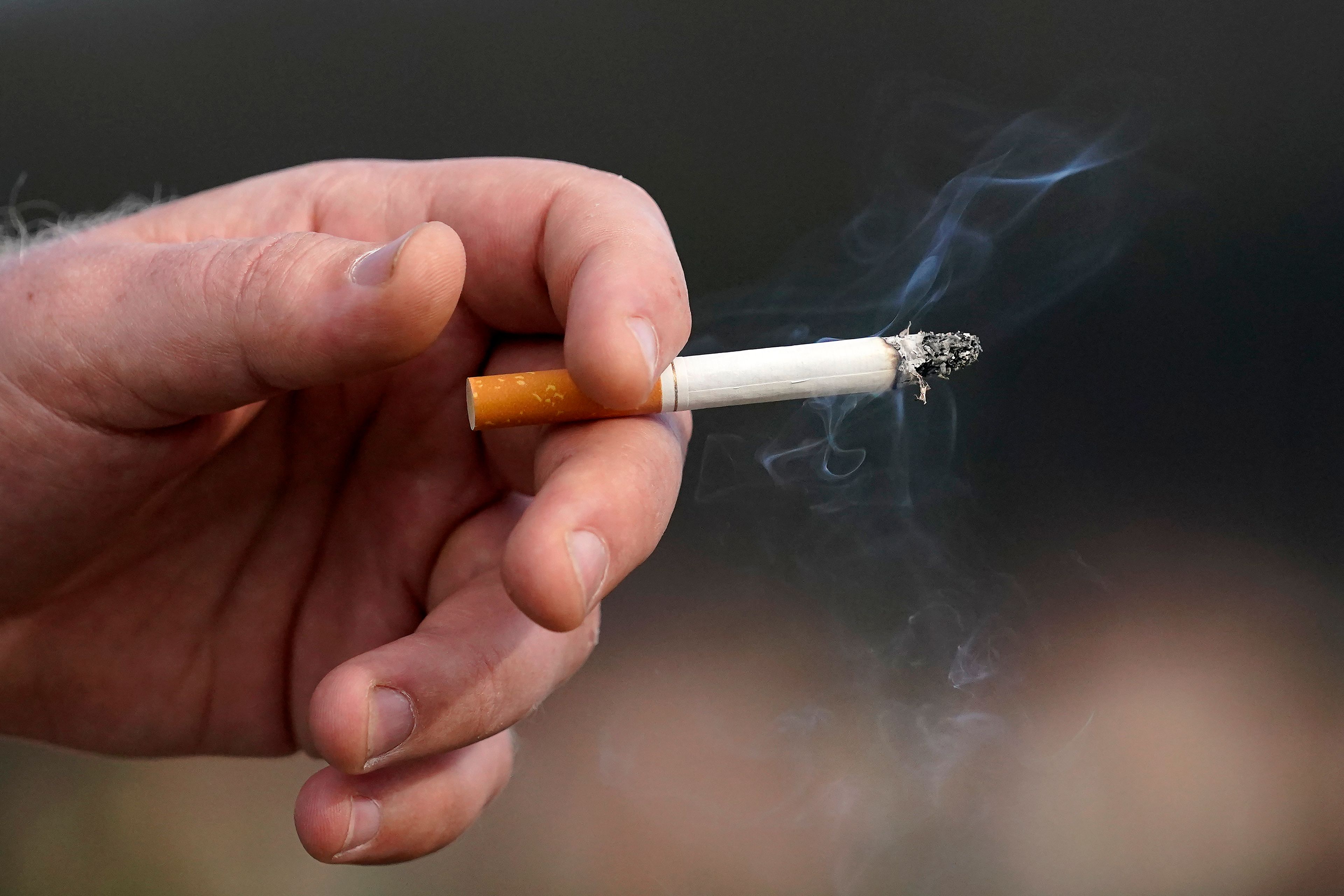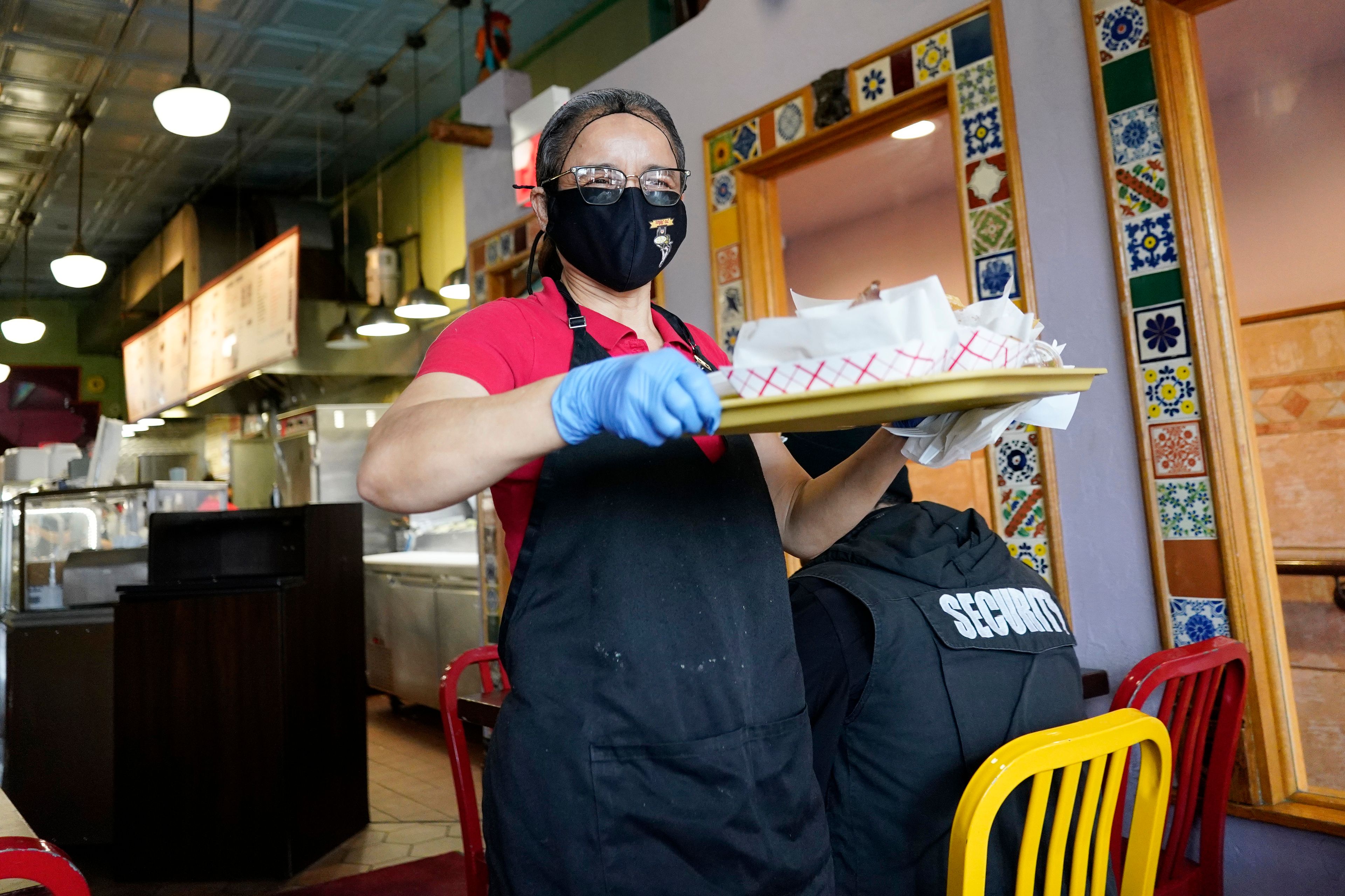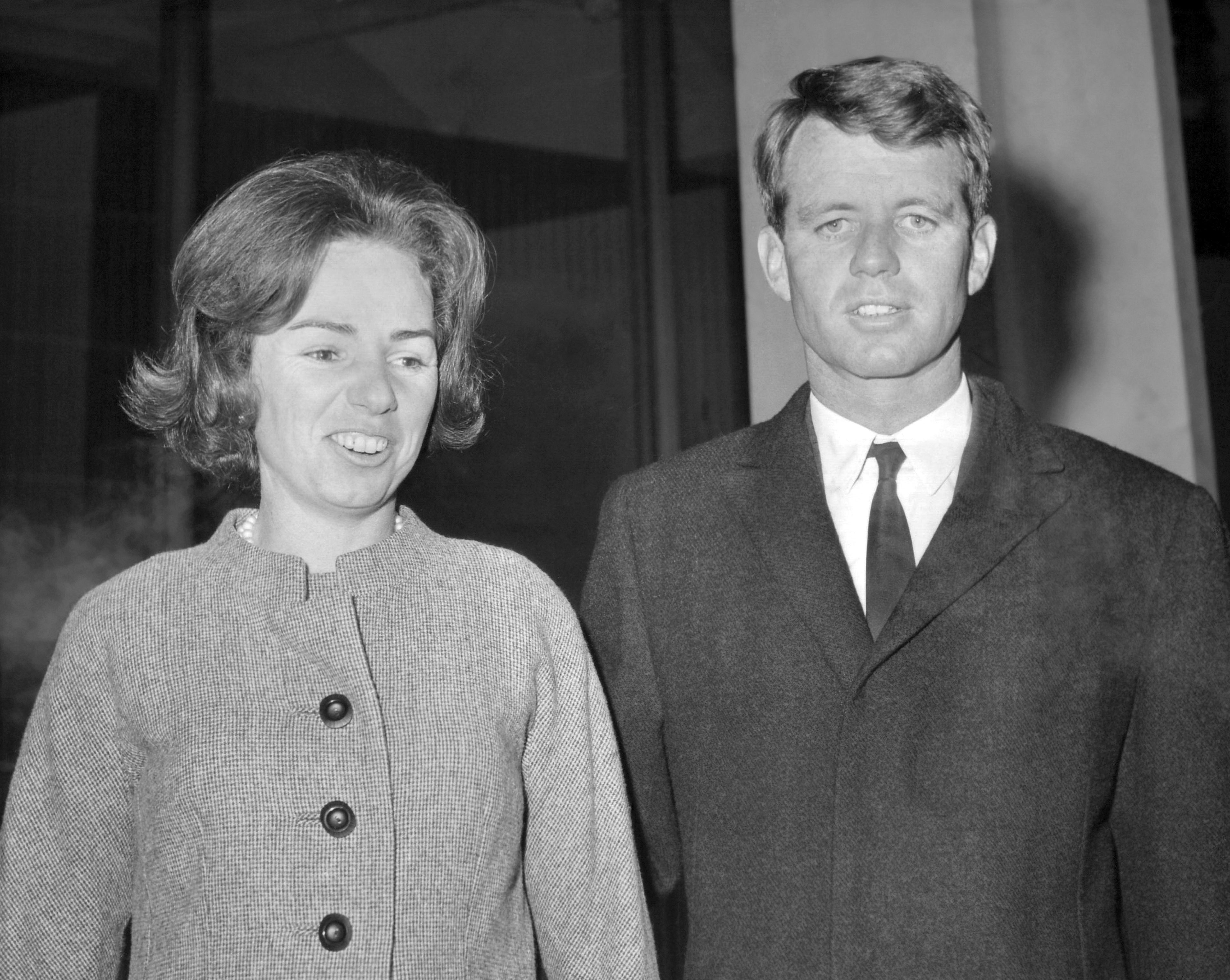Biden orders nursing home workers to get shots
President ties federal funding to mandate; nursing homes say move will backfire, warn of worker exodus
WASHINGTON, D.C. — Presi-dent Joe Biden announced Wed-nesday that nursing homes must require their workers to be vaccinated against COVID-19 in order to continue receiving Medicare and Medicaid funds.
The Centers for Medicare and Medicaid Services is expected to release an emergency rule in September affecting 1.3 million staffers in roughly 15,000 nursing homes. Federal data shows that around 60 percent of nursing home staff are currently vaccinated, although that falls as low as 44 percent in some states.
“These steps are all about keeping people safe and out of harm’s way,” Biden said Wednesday.
CMS said nursing home cases have risen from 319 cases on June 27 to 2,696 cases on Aug. 8. The pandemic has claimed the lives of nearly 134,000 residents, according to federal data, and nearly 2,000 employees.
The news follows the administration’s push for booster shots against the raging delta variant, pending approval from the Food and Drug Administration and the Centers for Disease Control and Prevention.
New data from the CDC shows that the vaccines were nearly 75 percent effective against breakthrough infections in nursing home residents from March to May, but fell to 53 percent in June and July when the delta variant became the predominant cause of new cases.
Individuals will be eligible for boosters eight months after their last dose, making most health care personnel and nursing home residents first in line.
Facilities have been required to report vaccination rates since May. Lawmakers also recently unveiled legislation to overhaul nursing home staffing and oversight in light of the pandemic’s toll.
The industry is dominated by low-income workers who are disproportionately women of color, and many worker advocates previously urged education rather than mandates, pointing to mistrust that stems from years of marginalization and underpayment. But attitudes have shifted in light of the delta variant and the extended toll the pandemic has taken on elderly patients and their quality of life.
“Keep in mind that the go-to answer to everything is lock up the residents,” said Michael Wasserman, past president of the California Association of Long Term Care Medicine, and a previous critic of vaccine mandates.
But the division among nursing home staff regarding vaccinations is threatening the industry, which has long suffered from staffing shortages. Lori Porter, CEO of the National Association of Health Care Assistants, which represents certified nursing assistants, fears the industry will lose 20 percent to 30 percent of its workforce.
“My hope is that those great CNAs will remain in the field,” she told CQ Roll Call. “They’re needed. The residents value them. The residents’ families value them, and I hope in the end that will reign supreme and they won’t leave the industry.”
Mark Parkinson, American Health Care Association and National Center for Assisted Living president and CEO, urged the administration to issue a mandate for health care settings more broadly to help avoid an exodus. A number of health care companies, including hospitals, have been battling employees for months over vaccine requirements.
“Focusing only on nursing homes will cause vaccine hesitant workers to flee to other health care providers and leave many centers without adequate staff to care for residents. It will make an already difficult workforce shortage even worse,” he said in a statement.
Katie Smith Sloan, president and CEO of LeadingAge, a nonprofit aging services advocacy group, also said the funding threat will shortchange facilities that already suffered major financial blows during the pandemic.
“Without Medicaid and Medicare funding, nursing homes cannot provide the quality care that our nation’s most vulnerable older adults need,” she said. “Our mission-driven nursing home members, who operate on narrow margins in the best of times, depend on those funds alone to care for their residents.”
U.S. health officials call for booster shots against COVID-19
WASHINGTON, D.C. — U.S. health officials Wednesday announced plans to dispense COVID-19 booster shots to all Americans to shore up their protection amid the surging delta variant and signs that the vaccines’ effectiveness is slipping.
The plan, as outlined by the chief of the Centers for Disease Control and Prevention and other top health authorities, calls for an extra dose eight months after people get their second shot of the Pfizer or Moderna vaccine. The doses could begin the week of Sept. 20.
“Our plan is to protect the American people, to stay ahead of this virus,” CDC Director Dr. Rochelle Walensky said as the agency cited a raft of studies suggesting that the vaccines are losing ground while the highly contagious variant spreads.
People who received the single-dose Johnson & Johnson vaccine will also probably need extra shots, health officials said. But they said they are waiting for more data.
Officials said that before any booster program starts up, the Food and Drug Administration and a CDC advisory panel would need to evaluate the safety and effectiveness of an extra dose.
Associated Press
“Focusing only on nursing homes will cause vaccine hesitant workers to flee to other health care providers and leave many centers without adequate staff to care for residents. It will make an already difficult workforce shortage even worse.”
Mark Parkinson, American Health Care Association and National Center for Assisted Living president and CEO









